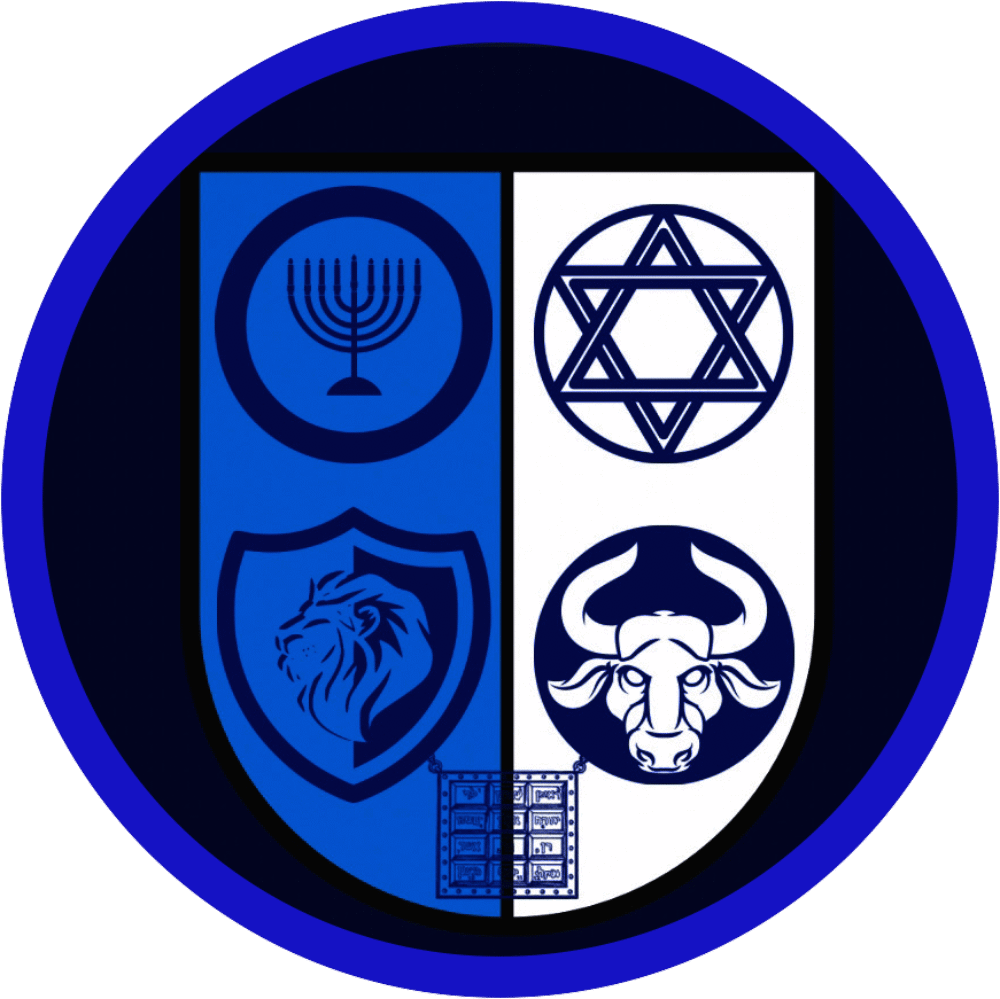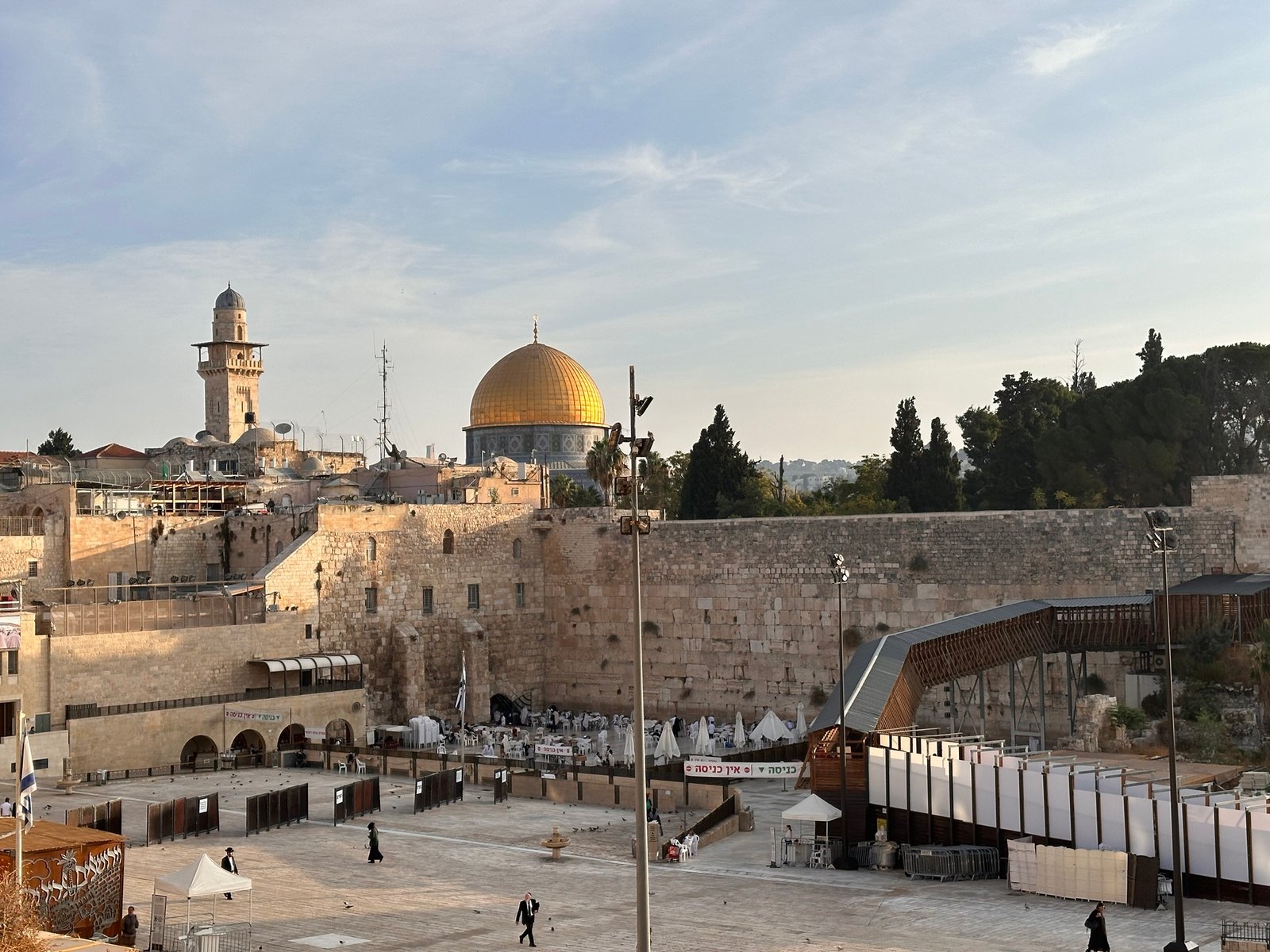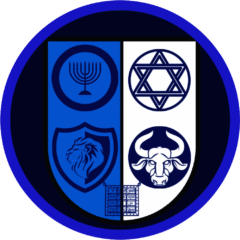The question of whether the King of Messiah will be from the living or from those who have passed before him, bearing the name David, is a topic of deep contemplation within the realm of religious and spiritual discourse. In Psalms 57:9, there is a reference to the name David, a significant figure in Jewish history and prophecy. According to Isaiah 60:21, it is proclaimed that only the righteous will inherit the land forever and live eternally. These verses invoke a profound sense of divine justice and the promise of everlasting life for those deemed righteous in the eyes of G-d.
In Jewish mysticism and theology, there exist intricate concepts regarding the divisions of the upper and lower worlds, each with its own unique characteristics and spiritual implications. It is believed that G-d, represented by the Tetragrammaton, is never acting alone, as the divine presence is always accompanied by the aspect of El, signifying unity and interconnectedness within the divine realm.
The name Eloah is associated with the reunification of the two aspects of G-d, the male and female parts represented by El, Vau, and He. This divine union symbolizes the harmony and balance within the spiritual realm, reflecting the interconnectedness of all aspects of creation. El Shaddai, often referred to as the lower crown, represents the descent of divine energy into the material world, bridging the gap between the spiritual and physical realms.
The symbolic significance of the letters Shin and Daleth, which together form the word Shaddai, alludes to the concept of the unclean union, where divine energy is channeled into the realm of chaos and darkness, ultimately bringing about transformation and redemption. This mystical interpretation sheds light on the complex nature of divine presence and the interplay between the spiritual and physical worlds.
Furthermore, the concept of the King of Messiah being linked to the name David carries profound implications within Jewish tradition. David, known for his righteousness and leadership in the biblical narrative, is seen as a precursor to the ultimate Messiah who will bring about a time of peace, justice, and redemption. The connection between David and the future Messiah signifies a continuation of divine promise and covenant throughout generations, emphasizing the continuity of G-d’s plan for humanity.
As we delve deeper into the esoteric teachings and mystical interpretations of scripture, we are reminded of the intricate tapestry of spiritual knowledge and wisdom that guides our understanding of the divine. The interplay between the upper and lower worlds, the significance of divine names and attributes, and the eternal promise of righteousness and eternal life all contribute to a richer tapestry of faith and belief.
In conclusion, the exploration of the lineage of the King of Messiah, the significance of the name David, and the mystical concepts surrounding divine presence and unity serve to deepen our understanding of the intricate workings of the spiritual realm. As we seek to unravel the mysteries of faith and divine providence, may we approach these teachings with reverence, humility, and a steadfast commitment to seeking truth and enlightenment in our spiritual journey.


